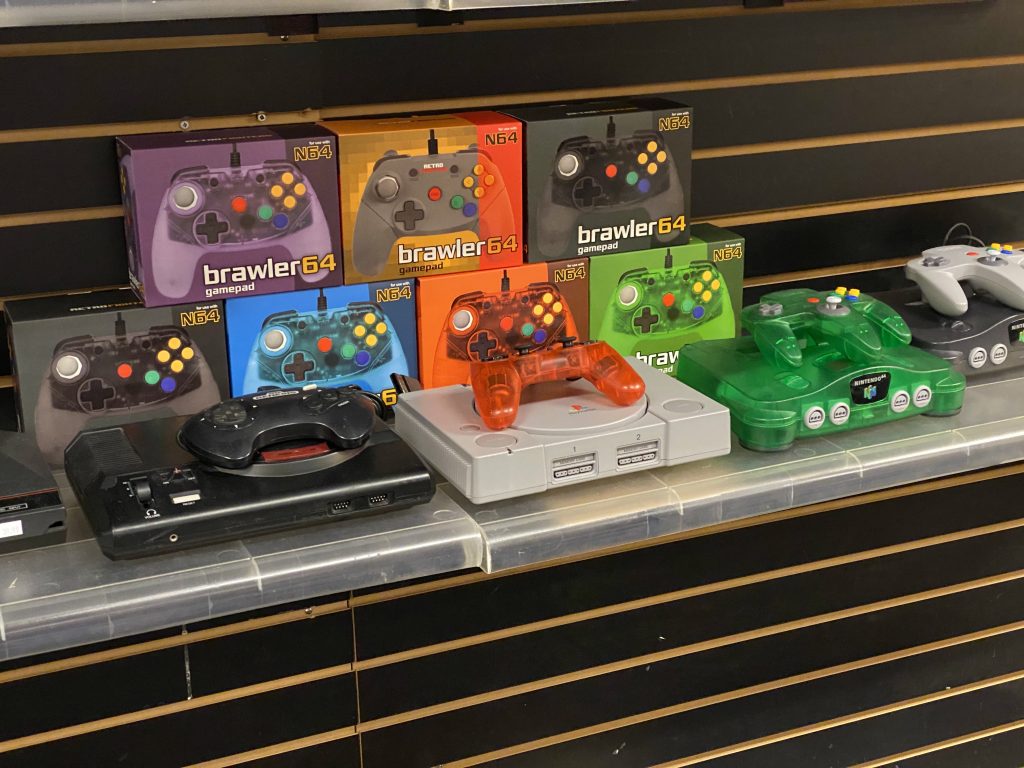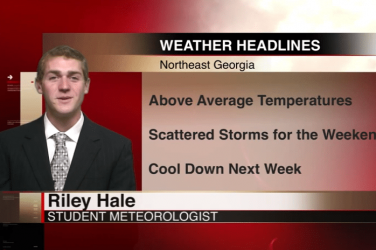It’s a difficult time for brick-and-mortar stores in the United States, as they struggle to contend with online competitors like Amazon. But video game retailers like GameStop also have to compete with digital downloads ⏤ whether they be from PC game launchers, like Steam and the Epic Games Store, or console-specific storefronts like the Nintendo eShop or the PlayStation Store.
On the second floor of the Georgia Square Mall in Athens, Georgia, is where you can find Retro Age Games ⏤ a store filled with video games, consoles and accessories dating all the way back to the Nintendo Entertainment System (NES), which first launched in 1985.

Listen: “This is my store. In April, it’ll be five years.”
That was Val Fisher, the owner of Retro Age Games.
Retro Age Games has had four locations since its 2015 start in Tallahassee.
Fisher decided that the best course of action was to focus on the Athens store and close the others. Since then, it’s been mostly smooth sailing, but being a small business owner isn’t always a walk in the park.
Ultimately, Fisher contributes his success to two things. The first––competitive prices. And the second––building a sense of communityaround the store.
Personal contact is something you don’t have when shopping online, and it is also important among the other game stores around Athens like Tyche’s Games and Dragon Star Hobbies, which both sell board games.
Having the internet around isn’t all doom and gloom for these businesses. Fisher uses sites like eBay to compare prices of his products. For Tyche’s Games and Dragon Star Hobbies, podcasts and shows like “Critical Role” and “Stranger Things” have boosted the popularity of board games, especially role-playing games like Dungeons & Dragons.
In the end, these stores survive and thrive based on the way their customer connections are from the minute they walk in the door.
Josiah Byler is a senior majoring in journalism in the Grady College of Journalism and Mass Communication at the University of Georgia.








Show Comments (3)
Val
Was great meeting you Josiah! Good luck with everything!
Brandon
These old school video game shops are becoming more and more scarce. I get it with the internet and Amazon, but their is nothing like going into one of these shops. It feels so much like a museum nowadays